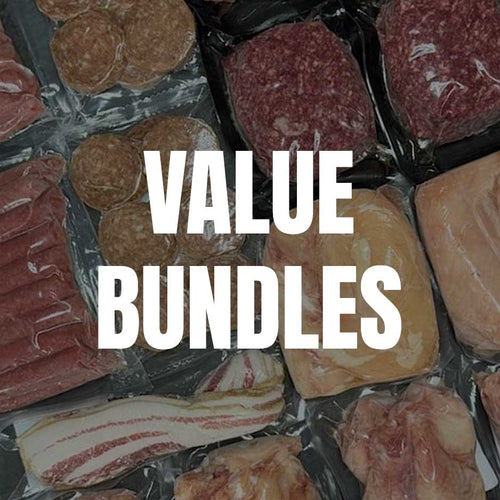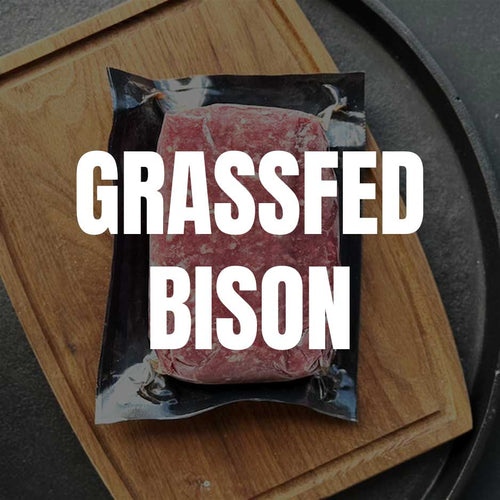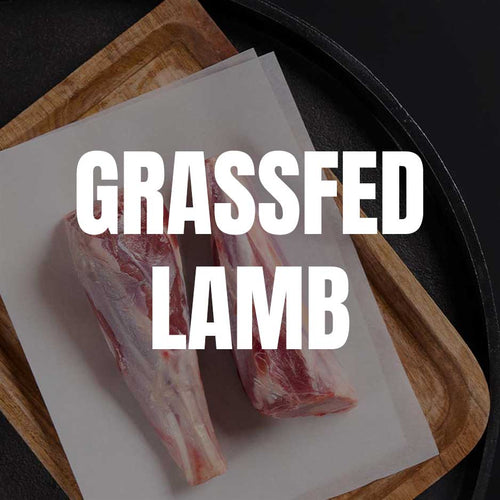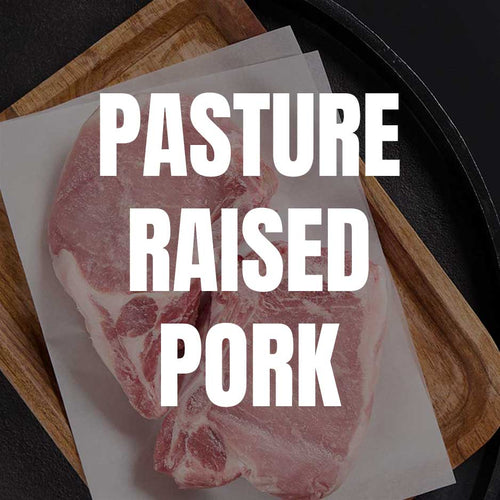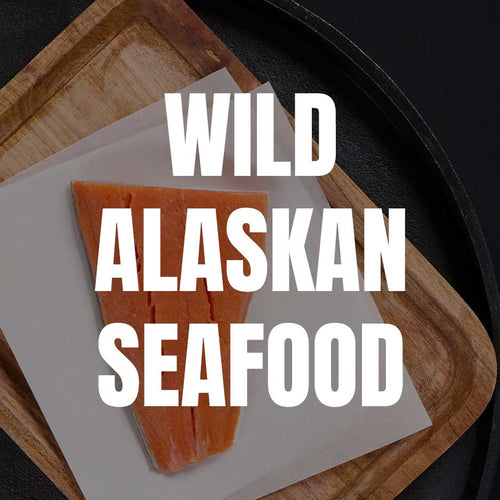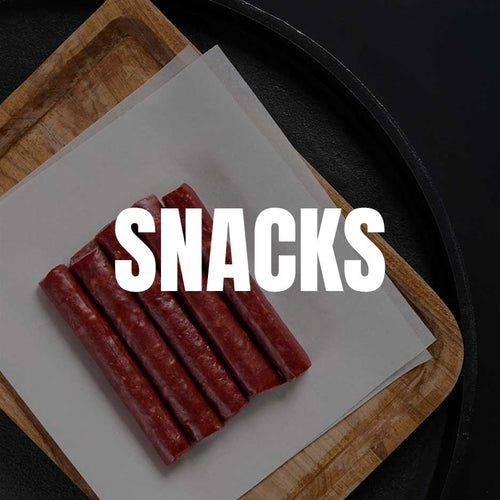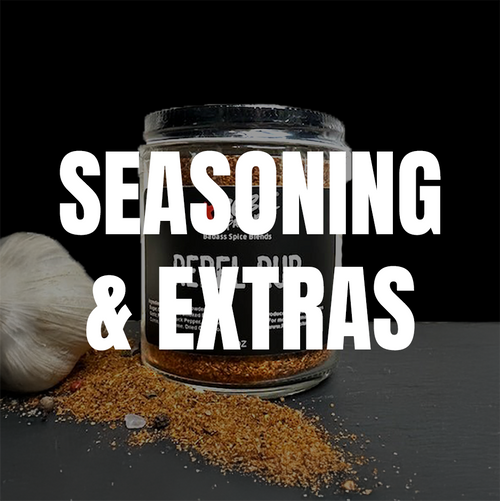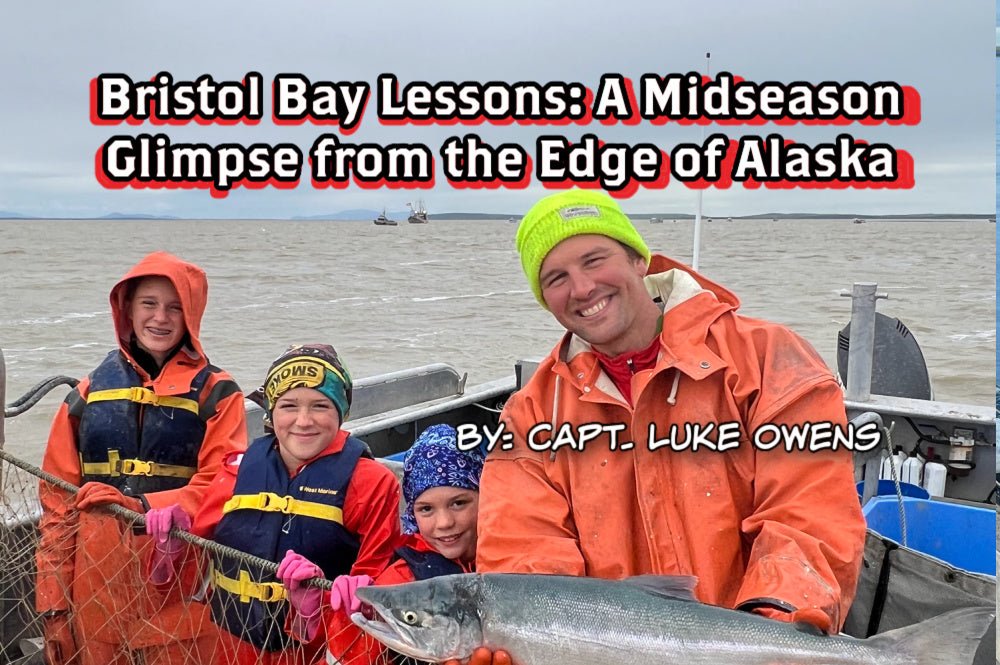
· By Jenni Bajema
Bristol Bay Lessons: A Midseason Glimpse from the Edge of Alaska
When folks hear I fish in Bristol Bay, they tend to imagine some serene slice of wilderness. Glassy waters, pastel sunsets, a couple of salmon flipping through the air like they’re in a tourism ad. But let me tell you something: the Bay doesn’t play that soft.
In early July, I was out running my skiff just below where Queens Slough spills into the Bay. That’s where the main tide and the slough current collide, and on this particular day, the wind decided it wasn’t going to play nice. The tide shifted hard, fast. One minute we were moving steady, and the next? Total chaos. Waves stacked up like walls, and my coffee nearly went airborne. We scrambled to adjust our gear between swells, hoping those sockeye would ride the tide right into our nets.
That’s what a lot of people don’t understand about fishing Bristol Bay. It’s a game of tides. These salmon don’t just swim wherever. They follow incoming tides straight toward the rivers they were born in. Miss the timing when that tide flips? You miss the fish. Period.
This season felt different. More meaningful. I wasn’t just chasing a catch. I was building memories with family. My dad, the one who first taught me what it meant to fish with grit, was working his own skiff close by. My wife, as she has for years now, held everything steady - crew, gear, morale. And for the first time, our kids got their hands wet, learning the rhythm of this life. They figured out when to pull, when to pick, and when to just pause and soak in the wild beauty around them.
And look, there’s a misconception out there that “wild-caught” means tossing out a net and hoping for the best. Truth is, what we do out here is more strategy than luck. It’s like playing chess with nature. You have to read the water, understand fish behavior, watch the weather like a hawk, and above all, respect the tide.
So when the nets came up full of glimmering sockeye that day, it was more than just a successful set. These fish weren’t bred in pens. They weren’t medicated or modified. They were born in the wild, lived free, and were making their journey back to the rivers that raised them. And each one we pulled carried more than just protein. It carried history, tradition, and a deep reminder of why we do this in the first place.
For me, it’s not just about harvesting fish. It’s about preserving a way of life. One tide, one fish, one season at a time.
Until the next tide rolls in,
- Capt. Luke Owens
Bristol Bay, Alaska
Share:
1 comment
-
Capt. Luke..thank you for sharing your story…it’s an amazing life for you and your family. I have to tell you that your fish, that we buy from Rebel Pastures is the very best fish we have eaten…and the halibut…we call it the filet of the sea…we are so thankful to have a source for fresh, sustainable, wild caught seafood we can trust. God Bless! Patricia
Patricia on


